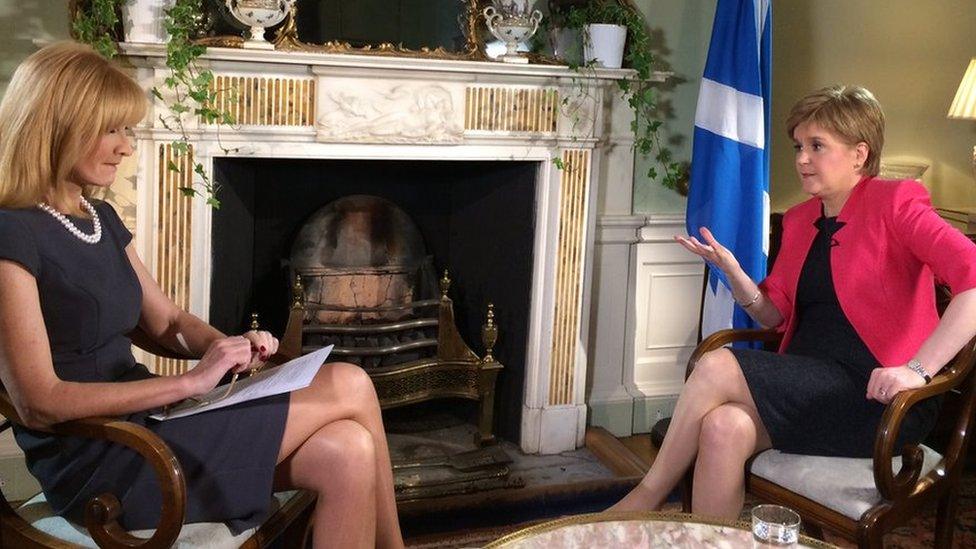Gordon Brown: 'Holyrood should gain Brexit powers'
- Published
Gordon Brown: "If we leave the British single market then a more dramatic set of consequences follow."
Gordon Brown has set out a "third option" for Scotland's future, based on more powers being transferred to Holyrood after Brexit.
The former prime minister suggested Holyrood be given power to set VAT rates and sign international treaties.
He also argued that one consequence of an independent Scotland today would be having no access to the "British single market".
It comes as Nicola Sturgeon is pressing for a second independence referendum.
The first minister set out her position five days ago, saying a fresh vote was necessary in the wake of last summer's Brexit vote.
She will tell the SNP conference later that the will of the Scottish Parliament "must and will prevail" over the issue.
Mr Brown addressed the Festival of Ideas, in Kirkcaldy, Fife, where he called for the repatriation to Scotland of £800m spent by the EU.
'Not the time'
He also proposed that the Bank of England becomes the Bank of England, Scotland, Wales and Northern Ireland, with fully-staffed representation in Scotland, "to reinforce the fact that the pound is for everyone".
Mr Brown was the main architect of "The Vow", a promise of more powers for Holyrood, which many believe boosted the No vote ahead of the Scottish independence referendum in September 2014.
Earlier this week, Ms Sturgeon said Scotland's interests would be harmed by losing access to the single market, and argued Scottish voters - who backed remaining in the EU by 62% to 38% - deserved a choice between a hard Brexit and becoming an independent country.
Prime Minister Theresa May has said "now is not the time" for such a vote, as her government focuses on securing a good Brexit deal for the whole of the UK.
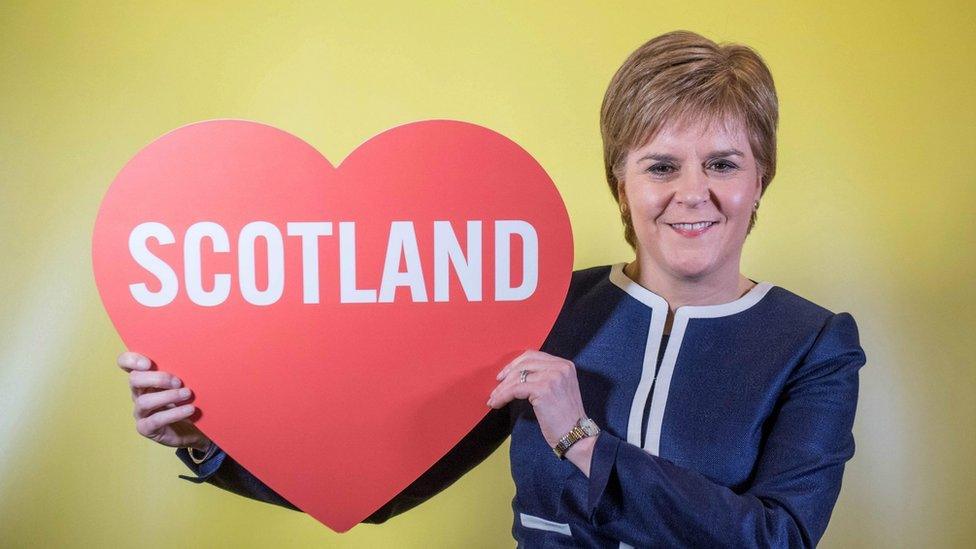
Nicola Sturgeon argues that Scotland's interests would be damaged by a hard Brexit
Mr Brown argued that a new form of federal home rule was needed to unite the country and avoid years of "bitter division".
He said: "The third option, a patriotic Scottish way and free from the absolutism of the SNP and the do-nothingism of the Tories, is now essential because post-Brexit realities make the status quo redundant and require us to break with the past.
"The status quo has been overtaken by events because unless powers now with the European Union are repatriated from Brussels to the Scottish Parliament, the Welsh Assembly and the regions, Whitehall will have perpetrated one of the biggest power grabs by further centralising power, employment and energy.
"The patriotic way means that Scotland is not caught between a die-hard conservatism that denies the Scottish Parliament the powers it needs and a hard-line nationalism that throws away the resources we secure from being part of the Union."

Analysis by Sarah Smith, BBC Scotland editor

Gordon Brown's promises of more devolution are thought to have been influential in the 2014 No vote
Gordon Brown is talking about the devolution of considerable more powers to Scotland.
It's a considerable step closer to federalism - a federal UK that was being discussed in 2014 - but is he credible on this?
There's a perception that some of the promises he made in the 2014 referendum, just before the independence vote, haven't been delivered.
The credibility of Gordon Brown and the Labour Party is somewhat damaged by that.
Mr Brown was the weapon of last resort in 2014, brought in at the last minute to explode into the argument.
It's impossible to see how he could have the same firepower now, partly because he has been taking a back seat in British politics.
It's also difficult to cut through this standoff between Theresa May and Nicola Sturgeon, and that is the Labour Party's problem in a nutshell.
Labour's offer of more federalism just hasn't captured the public imagination when you have this huge fight between the Tories and the SNP.

Mr Brown has already pledged to join forces with Scottish Labour leader Kezia Dugdale to campaign for a "people's constitutional convention" to look at how power is distributed across the nations and regions of the UK.
Ms Dugdale confirmed her party would vote against the SNP's demand for a fresh referendum when it is debated at the Scottish Parliament next week.
She told BBC Breakfast: "We know that [independence] would mean £15bn less money to spend on key public services like our schools and our hospitals - so it's no wonder that Labour figures are looking for alternatives to talk up, and that's why Gordon Brown has made the intervention he has today."
Ms Dugdale said she has also been calling for federalism for months, with her proposals "backed almost unanimously" at the party conference a few weeks ago.
She added: "This isn't just about Scotland - a federal solution would mean a whole change to the United Kingdom about who has power, how it's exercised and where it sits."
What's been the reaction to Gordon Brown's speech?
SNP deputy leader Angus Robertson said: "The Labour Party is not in a position to deliver a pizza at the moment. They're in opposition in Westminster, they're totally divided. Labour is so weak in Scotland now that they are the third force in political, I mean, they're not even a force".
A Conservative Party spokesman said: "The UK government has already confirmed more powers will come to all parts of the UK when we leave the EU. Mr Brown's speech only serves to highlight why the SNP's plan for an independence referendum in April 2019 is so ill-considered. The Brexit process will be ongoing at that time and proposals to strengthen devolution, like Mr Brown's, will still be on the table."
Scottish Green Party co-leader Patrick Harvie said: "Once again, voters in Scotland will be asking why Gordon Brown didn't put forward creative suggestions for enhancing devolution when he had the ability to implement them. Compared with independence, this plan would do nothing to maintain Scotland's ties with Europe, or protect us from the isolated Britain planned by the Tories."
Scottish Liberal Democrat peer Jeremy Purvis said: "This latest intervention by Gordon Brown adds to the momentum that we are seeing for a federalist way forward. We have been at the forefront on pressing the case for a reformed, federal, fair and prosperous UK where the aspirations of the people of Scotland can be met."
- Published18 March 2017
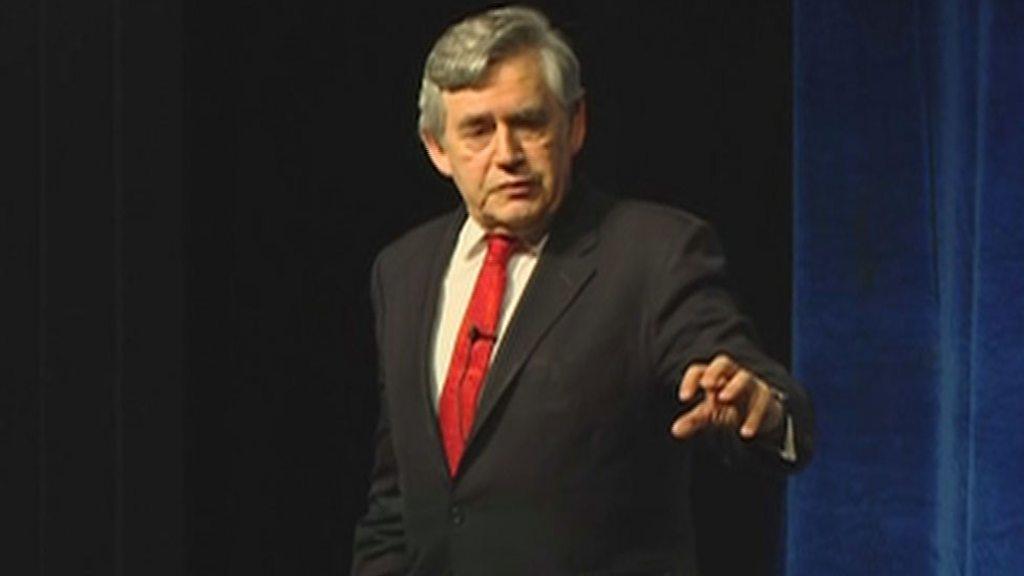
- Published18 March 2017
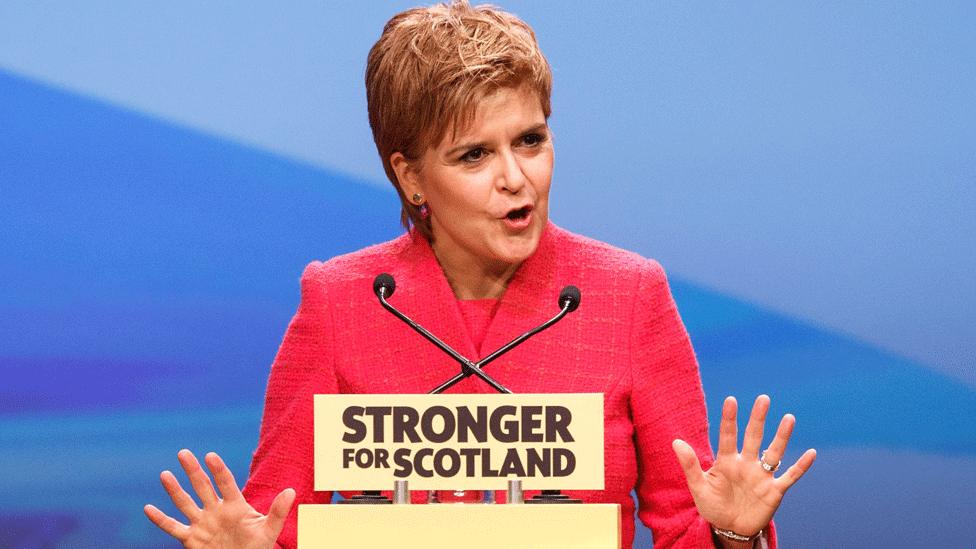
- Published17 March 2017
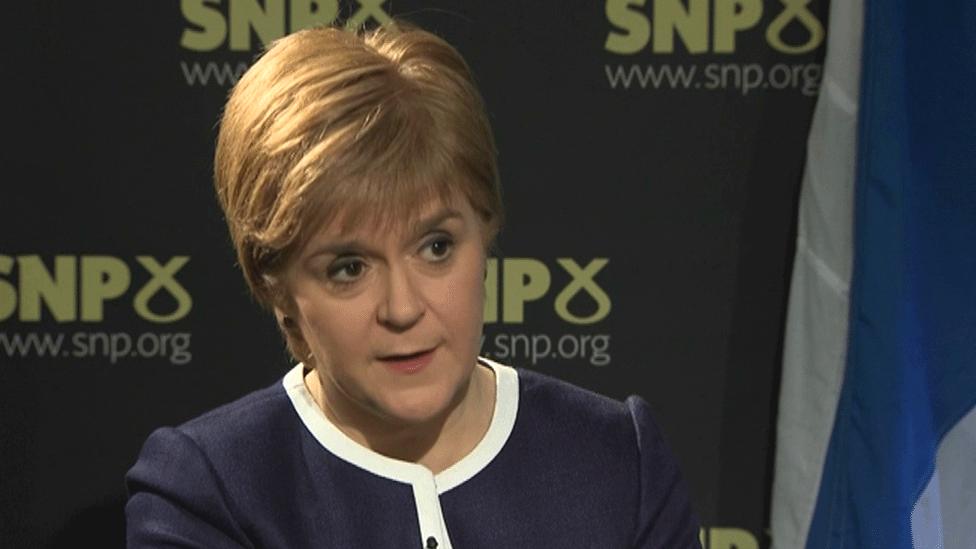
- Published16 March 2017
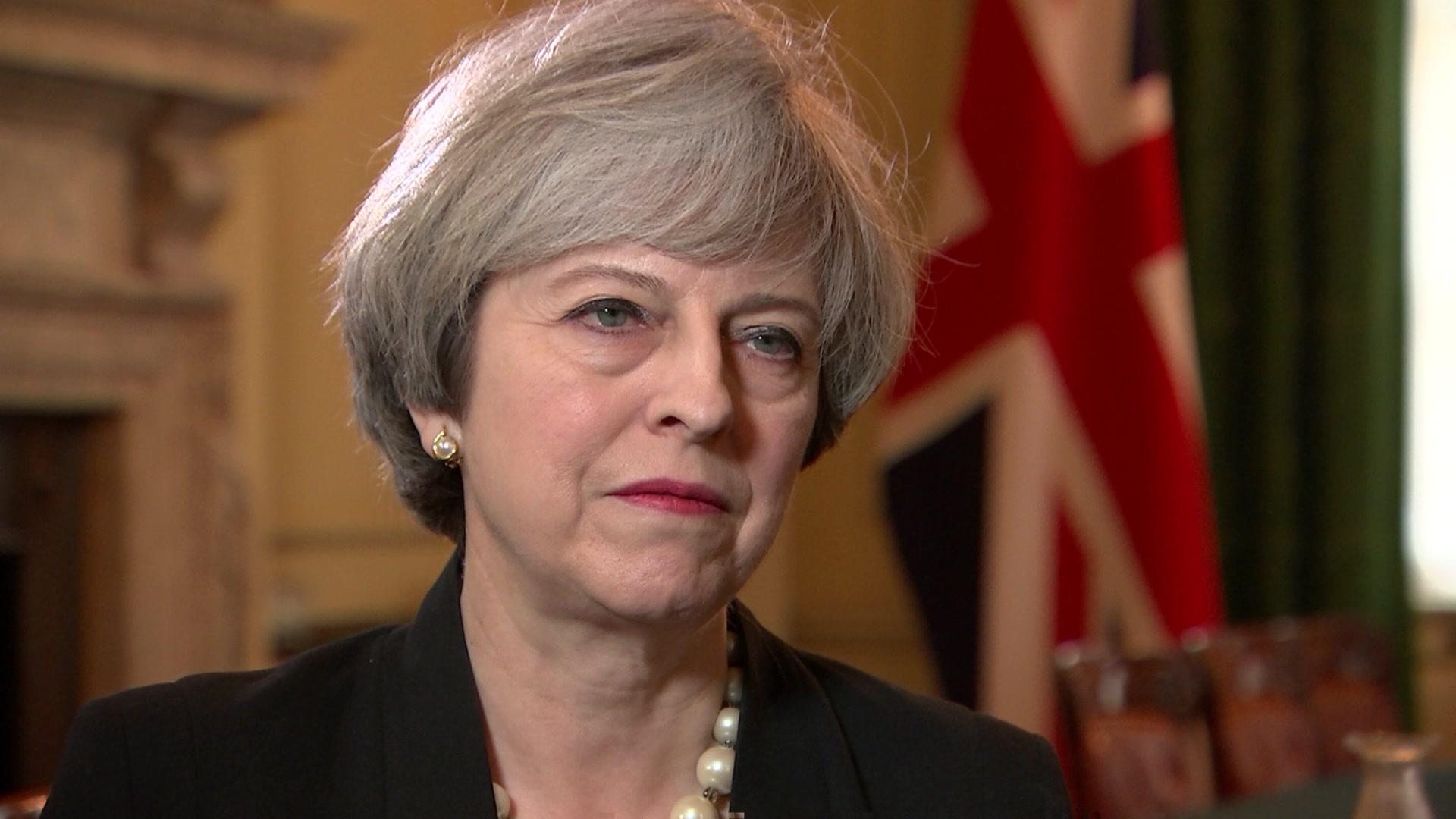
- Published16 March 2017
